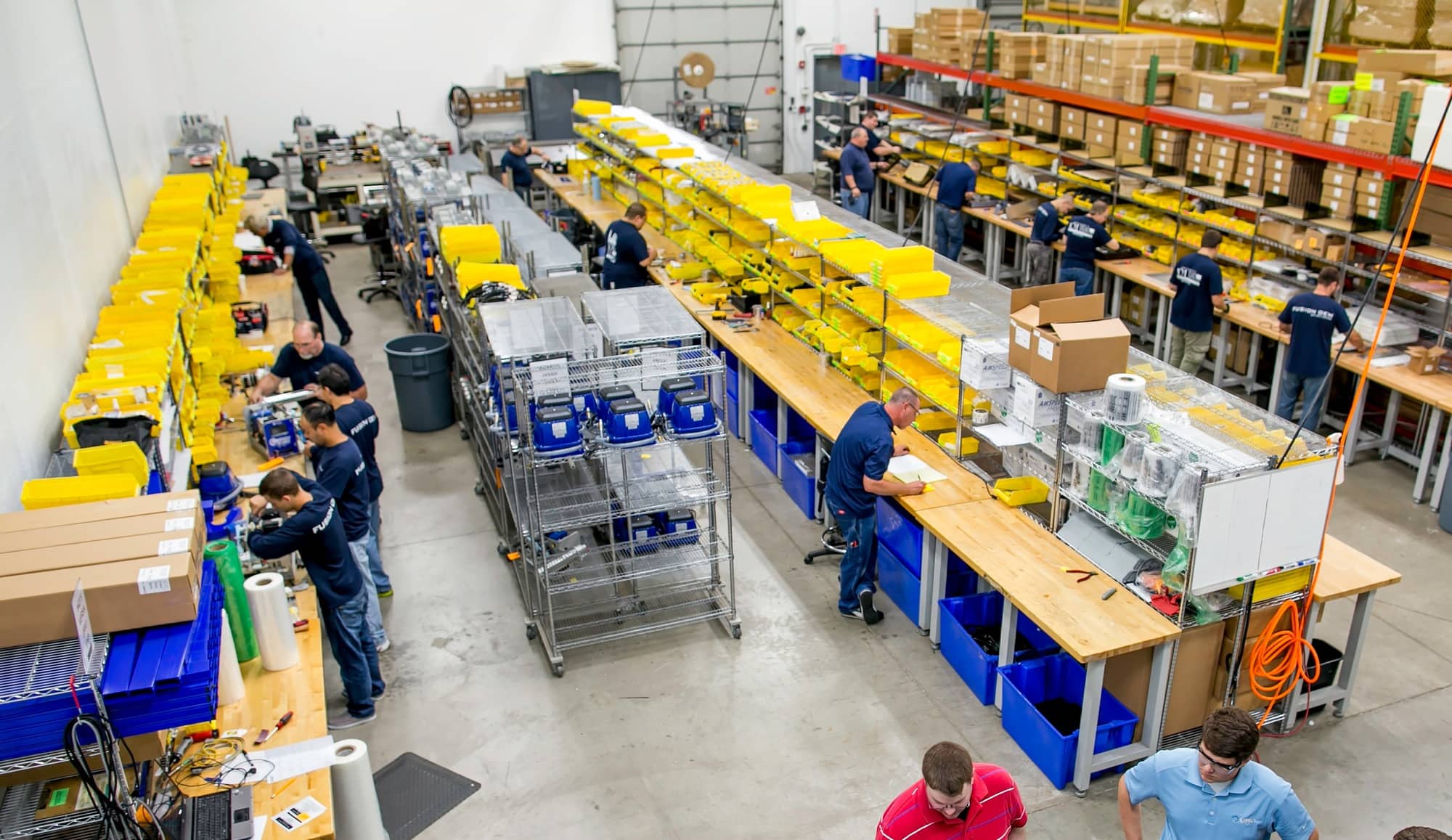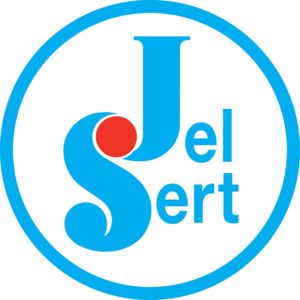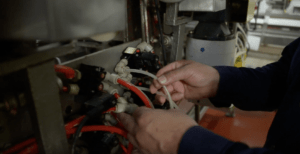These days, an interview often starts with the question, “Tell me about yourself.” That shouldn’t be hard, right? After all, what subject do you know better than yourself?
Ah, but therein lies the problem with answering it: you know too much and can’t possibly share it all in an interview!
Read on to learn how you can successfully answer that important question.
So…Tell Me About Yourself
I sometimes look back on the first time I was asked this question in an interview. I went on and on, though stopping along the way to ask the interviewer — the owner and President of the company — whether I was telling him what he wanted to know.
It was surely the longest interview in history. I can’t believe he hired me (though it did prove to be a wise decision!)
You can only answer this question succinctly if you keep in mind the purpose of the questions: to prove that you are a potential fit for the job, not that you are a wonderful person with a great personality.
Keeping that reason in mind will allow you to frame your answer, keep them short and to-the-point; leave enough time for more questions, and produce the effect you want…an interviewer who thinks you might be the one for the job.
It‘s All About Your Fit for the Job
The question, “Tell me about yourself,” is not an invitation to tell your life story! It is instead an invitation to deliver a sort of verbal cover letter explaining why you applied for this particular job, and how and why you are generally qualified for the opportunity.
To answer this question well, you must describe key aspects of yourself that are not detailed in your resume, but show through your experience and choices that you are a good fit for the job and the company.
So Many Accomplishments, So Little Time
Yes, you’ve done a lot of things over the course of your studies and/or career. And you have all of two minutes to make your case.
We recommend that you only bring up examples that demonstrate your fit and are clearly related to advancing your career. Stay focused on the professional aspects of the job and company, and how your background generally shows you are a great match.
Forget the personal benefits of the job for which you are interviewing, such as the convenience of the commute or the benefits offered. Any and all references to your boredom or unhappiness at your current job are to be bagged, sealed and tossed before you walk in the door!
Here are some ideas of the types of statements you should make:
Tell a Success Story
Tell a story that naturally points to your positive qualities as they relate to the job for which you are interviewing.
For example: “Almost from day one my last job evolved from strictly technical to technical and account management.” In other words, you were recognized as technically adept, multi-talented, with people skills and management potential.
Focus on the Company
Tell those parts of your story that, you know through your research, reflect what the company values in its employees and for this job in particular.
For example: “That graduate internship was a great chance to work with many professionals in the area of healthcare management. I’m still in touch with them today.” In other words, you like people, people like you; you are a team-player, you see value in working with others and sharing helpful information; you value networking with people in your field, you are knowledgeable and have contacts that might be helpful to the company someday.
Focus on Career Development
Emphasize that the job appears to be an opportunity to move forward in your career, and why.
For example: “Whatever position I’ve held, I’ve been assigned projects involving analytical, coordinating and writing skills. I like how the position in your company would allow me to move forward in my career by taking on project management in these areas.” In other words, you have the skills for the job – analyzing, coordinating and writing – and your skills and experience as a coordinator make you a natural for this documentation project management position.
The Key Takeaway
Emphasize the professional steps you’ve taken and recognition you’ve received that led to your fit for this particular job, and you should find yourself still in-the-running after the interview is complete!
Need Help With Your Job Interview Skills?
workNet DuPage can help job seekers prepare for their job interviews with one-to-one assistance and support, and a variety of workshops.






